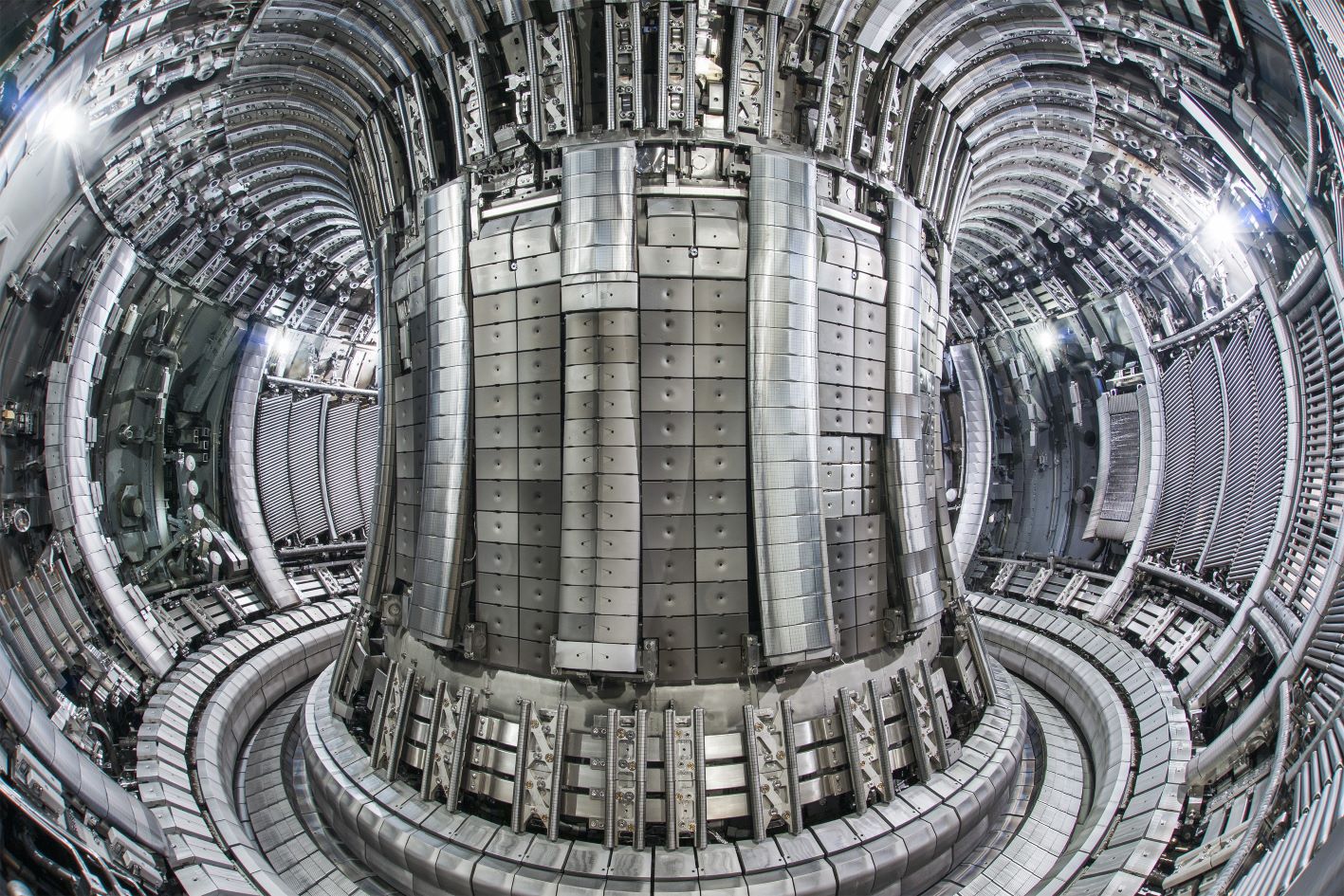The aspiration for nuclear fusion energy has long surpassed tangible realization.
Regarded as a transformative technology capable of yielding virtually limitless clean energy, the persistent inability to integrate fusion power into the grid despite decades of research has fostered a recurring jest: Fusion energy perpetually remains 30 years away.
However, this protracted timeline might be on the verge of contraction, propelled by recent technological advancements and escalating investments from private entities, including prominent figures like Bill Gates, Jeff Bezos, and Sam Altman.

According to data from the Fusion Industry Association (FIA), the sector has amassed over $6 billion in funding to date, with notable supporters such as Google (GOOG) and Chevron (CVX) joining an expanding cohort of backers.
“Previously, it was primarily governments making investments through the Department of Energy or other global counterparts,” remarked FIA CEO Andrew Holland in a discussion with Yahoo Finance.
“Now, it’s private industry, startups, and businesses stepping in, questioning, ‘What do we need to engineer from scratch? How do we tailor designs for commercial deployment?’ This prompts a recalibration in strategies.”
‘An entirely new source of energy’
Unlike nuclear fission, which involves the splitting of a larger atom when struck by a neutron, fusion entails the collision of two atoms to form a heavier atom.

Moreover, what captivates researchers further is the absence of nuclear waste production, which could be repurposed for weaponization.
“If successful, the advancement of fusion energy could overshadow even AI in terms of its significance for humanity,” asserted David Callaway, founder of Callaway Climate Insights. “We’re discussing the emergence of an entirely novel energy source.”
Despite the enthusiasm surrounding its potential, significant technological breakthroughs have predominantly emanated from governmental research laboratories.






Leave a Reply